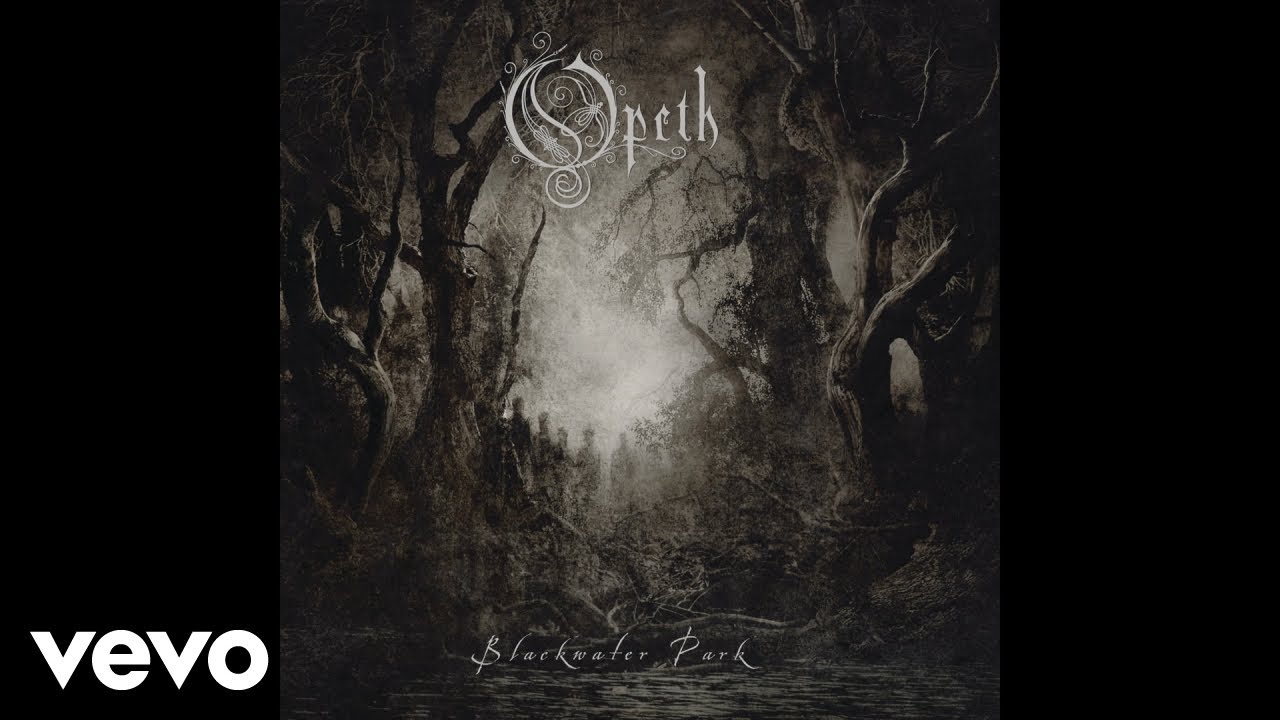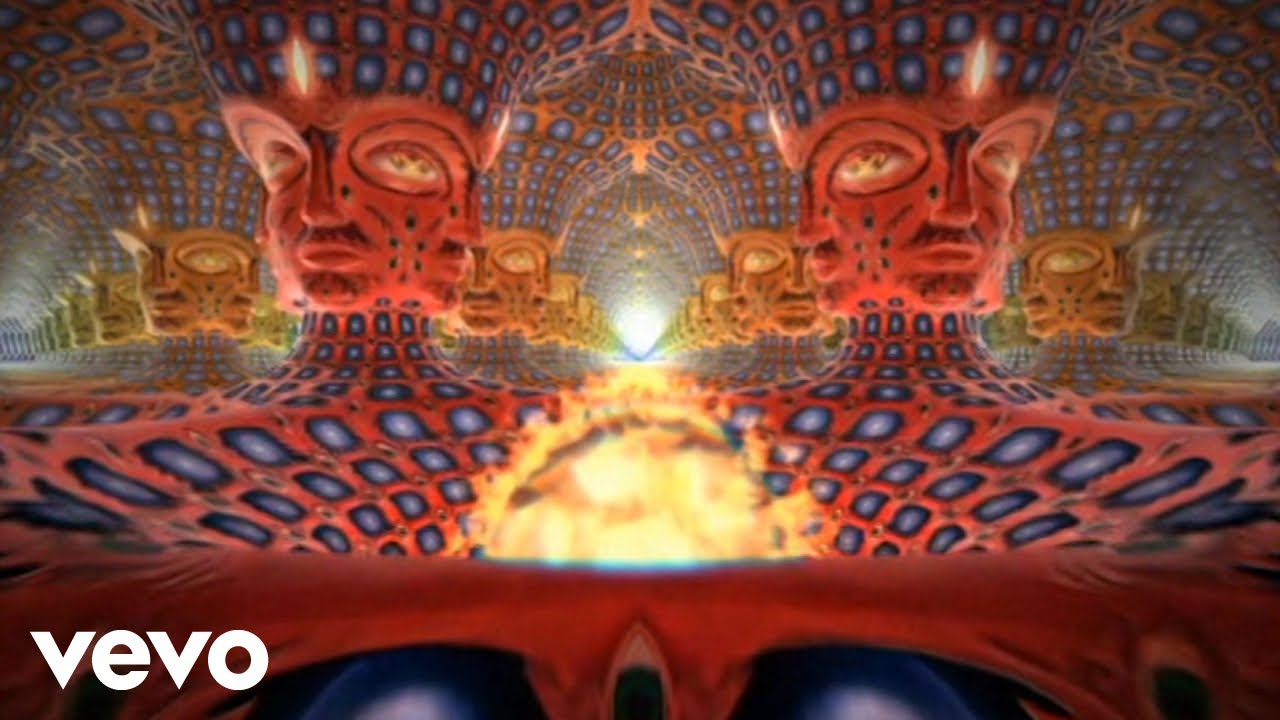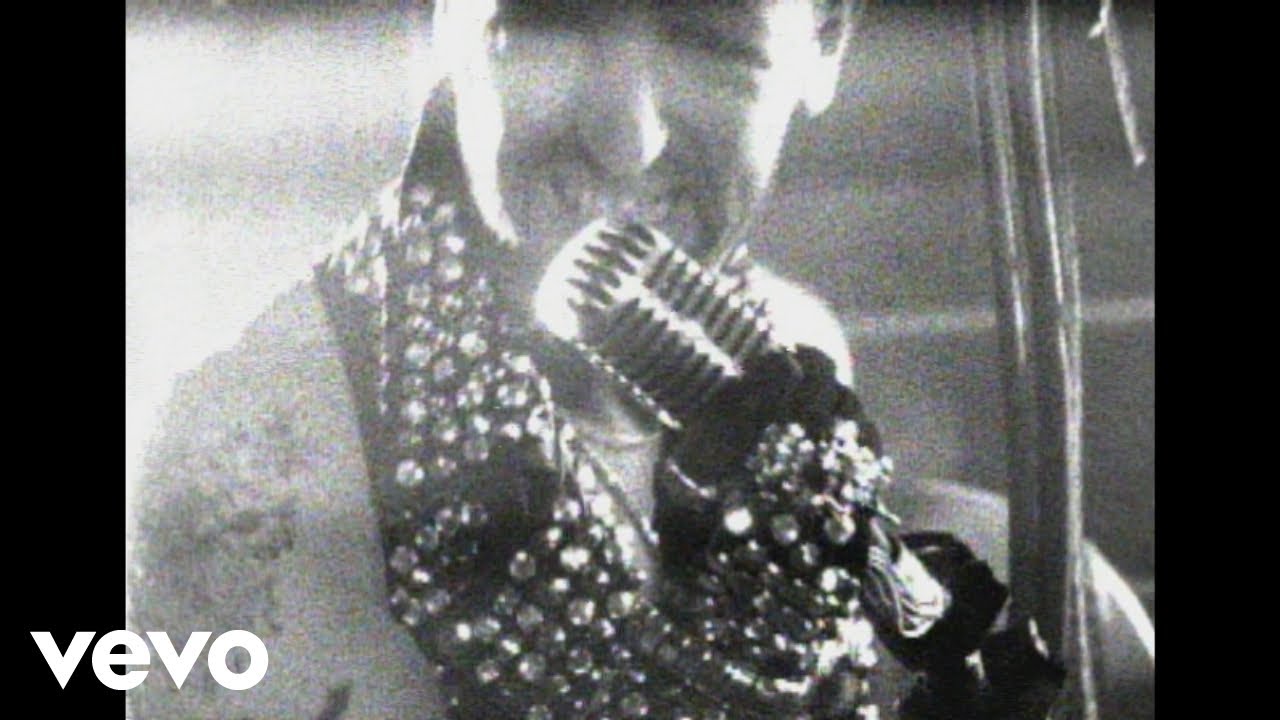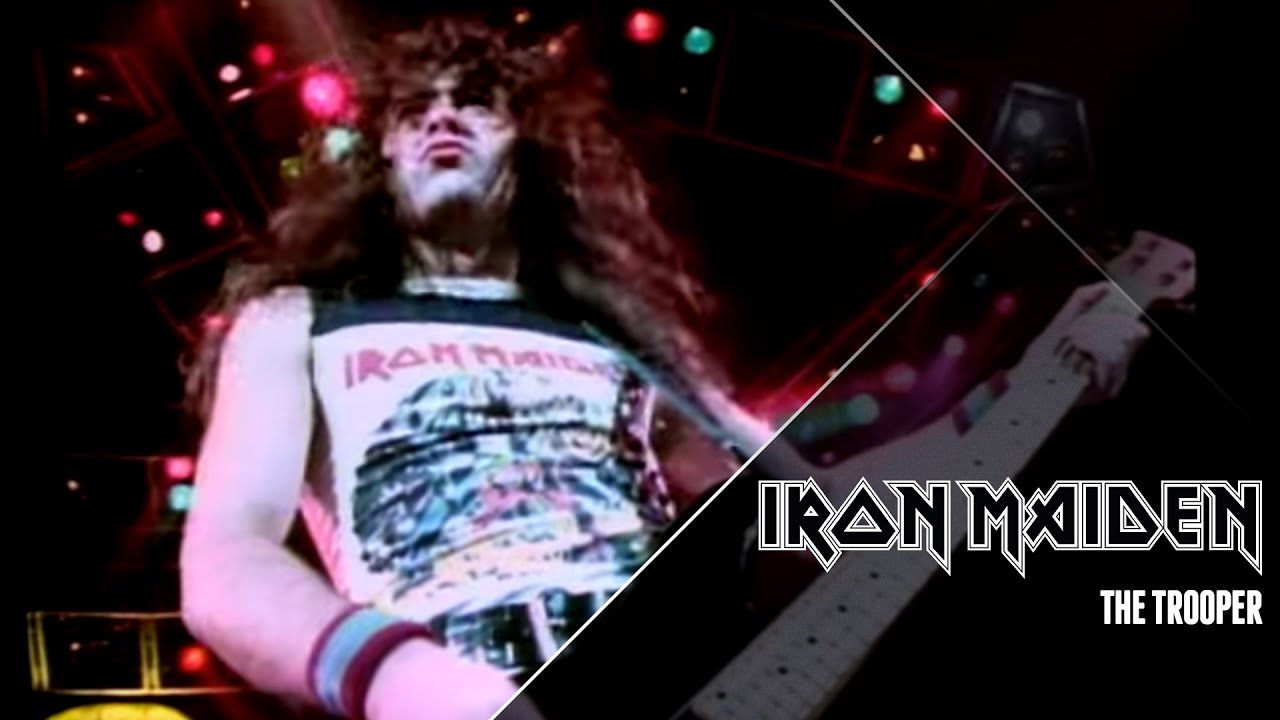Metal music’s roots in aggression, power, and passion have been captivating the hearts and minds of fans for decades. Like no other genre, metal has expanded into an almost infinite number of subgenres (and sub-subgenres!), encompassing styles that cater to vastly different tastes and preferences. This article will explore the rich history and evolution of metal music. We’ll discuss the criteria for selecting the best metal bands, and present our top ten picks for the best metal bands of all time.

The Evolution of Heavy Metal
Heavy metal has come a long way since its inception in the late 1960s and early 1970s. It began as a fusion of blues, rock, and psychedelic music, with bands such as Black Sabbath, Led Zeppelin, and Deep Purple at the forefront. These pioneering bands laid the groundwork for the genre, incorporating heavy guitar riffs, dark themes, and powerful vocals into their music.
The late 1970s and early 1980s saw the emergence of the New Wave of British Heavy Metal (NWOBHM). This exciting development brought fresh energy and a new level of complexity to the genre. Bands like Iron Maiden, Judas Priest, and Motörhead gained popularity, and their influence still reverberates in modern metal music. The period also saw the rise of thrash metal, with bands such as Metallica, Slayer, Megadeth, and Anthrax leading the charge.
Over the years, metal music has continued to evolve and diversify. Subgenres, such as death metal, black metal, power metal, and progressive metal, consistently spring up. Each subgenre has unique characteristics and fan bases, contributing to the rich tapestry of the metal music landscape.
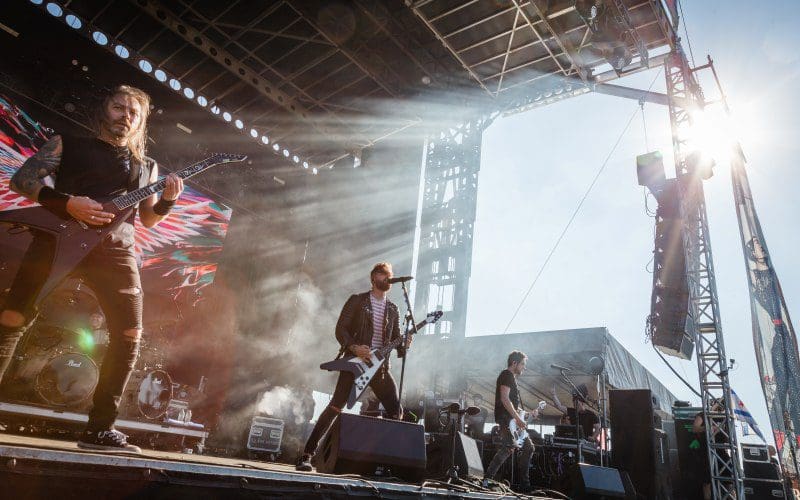
The Pioneers of Heavy Metal
The pioneers of heavy metal are the bands and artists who laid the foundation for the genre and set the stage for its future development. Bands such as Black Sabbath, Led Zeppelin, and Deep Purple were instrumental in shaping the sound and style of heavy metal.
Black Sabbath, often hailed as the godfathers of heavy metal, formed in Birmingham, England, in 1968. Their dark, doom-laden sound, characterised by heavy riffs and Ozzy Osbourne’s haunting vocals, would become a defining feature of the genre. Elsewhere, Led Zeppelin combined blues, rock, and folk influences to create a heavy, innovative sound that resonated with fans worldwide. Deep Purple, with powerful live performances and an intense, guitar-driven sound, also contributed to the genre’s development.
These pioneering bands paved the way for future generations of heavy metal artists. Their work provided a blueprint for the genre’s signature sound and style.
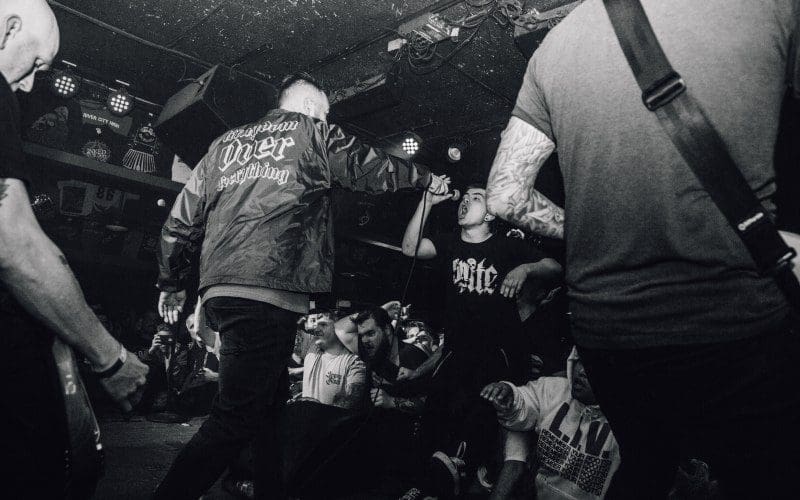
The Golden Age of Metal Music
The Golden Age of metal music typically refers to a period in the 1980s. At this time, the genre enjoyed widespread popularity and success with the emergence of numerous influential bands. Iron Maiden, Judas Priest, and Motörhead, would all become household names in the metal community.
Iron Maiden, a key NWOBHM player, captivated fans with their intricate guitar work, powerful vocals, and elaborate stage shows. Their music, which often featured complex arrangements and storytelling lyrics, set a new standard for the genre. Judas Priest, another leading force in the NWOBHM, introduced elements of speed and aggression to their music, influencing the development of thrash metal.
The Golden Age also saw the rise of American metal bands, such as Metallica, Slayer, Megadeth, and Anthrax. These bands, collectively known as the “Big Four” of thrash metal, would dominate the metal scene for years.
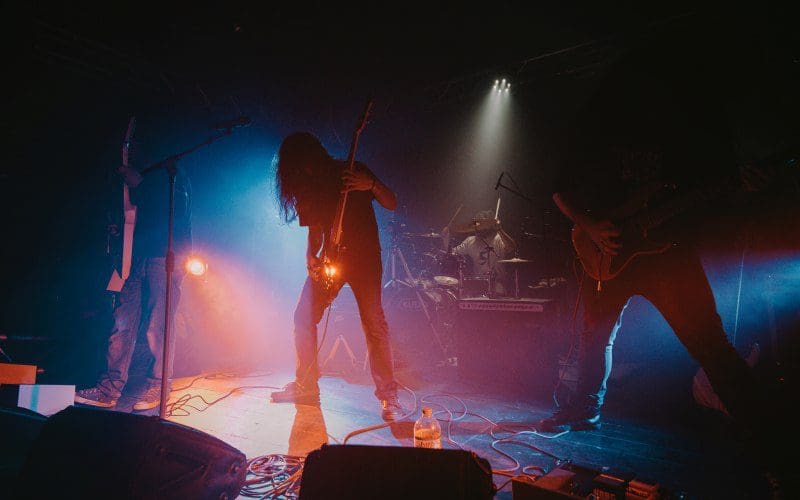
The Modern Era of Metal Bands
The modern era of metal bands, beginning in the 1990s and continuing to the present, has been marked by a proliferation of subgenres and a shift towards more experimental and progressive styles. Bands such as Pantera, Sepultura, and Machine Head pushed the boundaries of metal music, incorporating elements of groove and nu-metal into their sound.
In recent years, metal music has continued to evolve and diversify, with new bands and subgenres constantly emerging. Progressive metal bands like Dream Theater, Tool, and Opeth have garnered a loyal following with their complex arrangements and technical proficiency. At the same time, Scandinavian bands such as Nightwish, Amon Amarth, and Meshuggah have made their mark on the global metal scene.
The hallmark of today’s metal scene is its ability to incorporate sounds from various influences to keep the genre relevant. Furthermore, essential new bands like Sleep Token, Bad Omens, and Spiritbox continue to find intriguing ways to include distinctly non-metal sounds, reinventing and breathing new life into the genre that we love.
Defining the Best Metal Bands
When defining the best metal bands of all time, it’s vital to consider various factors. These can include the band’s longevity, influence on the genre, commercial success, and the quality of their music. However, the most crucial criterion is the impact a band has had on the metal genre as a whole. The best metal bands have pushed the genre’s boundaries, challenged conventions, and left a lasting legacy.
It’s also important to note that the best metal bands may vary depending on personal taste and preference, as there are many different metal subgenres.
Top Ten Best Metal Bands of All Time
Opeth
The evolution of the Swedish progressive metal band Opeth since its formation in 1990 is nothing short of impressive. On early albums, such as “Orchid” and “Morningrise”, the band’s initial focus was on a solid death metal sound with progressive elements. However, over the years, Opeth’s output has incorporated more and more progressive and acoustic elements. This development has culminated in what is essentially heavy prog on their latest effort, 2019’s “In Cauda Venunum”.
Opeth’s music is also notable for its lyrical themes, often dealing with death, nature, and spirituality. Furthermore, the band’s frontman, Mikael Akerfeldt, is famous for his distinctive growling vocals and his ability to sing in a clean, melodic style.
Over the years, Opeth has undergone several line-up changes. However, its legacy and influence in the progressive metal genre is undeniable.
Dream Theater
Dream Theater is a progressive metal band that has been captivating audiences with its intricate musicianship and thought-provoking song lyrics since its formation in 1985. One of Dream Theater’s defining characteristics is its technical proficiency. The band members are all virtuosos on their respective instruments, and their music often features complex time signatures and intricate instrumental passages. This has earned them a reputation as one of the most technically skilled bands in the progressive metal genre.
However, Dream Theater’s music is not just about technical prowess. Their lyrics often explore philosophical and existential themes, such as the nature of reality and the human condition. This gives their music a depth and complexity that sets them apart from many other metal bands.
Over the years, Dream Theater has released numerous critically acclaimed albums, including “Images and Words,” “Metropolis Pt. 2: Scenes from a Memory”, and “Train of Thought”. They have also toured extensively, performing in front of sold-out crowds around the world.
Tool
Tool is a revolutionary progressive metal band from Los Angeles, California. Consisting of iconic vocalist Maynard James Keenan, guitarist Adam Jones, drummer Danny Carey, and bassist Justin Chancellor, Tool is famous for complex and intricate musical compositions. Furthermore, the band’s output notably features thought-provoking and often cryptic lyrics.
Tool’s music emphasises odd time signatures, polyrhythms, and unconventional song structures. Additionally, the band’s sound features a blend of heavy metal, progressive rock, and art rock, with lyrics often dealing with themes of spirituality, philosophy, and human psychology.
Despite their success, Tool is reclusive and reluctant to engage in traditional promotional activities such as music videos and interviews. This introverted nature has only added to the band’s charisma and appeal among their dedicated fanbase.
Megadeth
After exiting an early iteration of Metallica, Dave Mustaine turned his attention to his own band. Megadeth’s music features fast-paced guitar riffs, complex solos, and politically-charged lyrics. Over the years, Megadeth has become one of the most influential and successful bands in the heavy metal genre. To date, they have sold over 40 million albums sold worldwide.
The band’s early years were notable for a series of line-up changes, with Mustaine the only constant member. However, Megadeth’s breakthrough came with the release of their fourth album, 1990’s “Rust in Peace”. The album featured some of the band’s most famous songs, including “Holy Wars… The Punishment Due” and “Hangar 18”.
Megadeth’s music often deals with political and social issues like war, corruption, and injustice. This has led to the band earning the label of the “thinking man’s metal band.” However, Megadeth’s music is also known for its technical proficiency. Mustaine and his bandmates often push the limits of what you can do on a guitar.
Pantera
Forming in Arlington, Texas, in 1981, Pantera was an American heavy metal band consisting of vocalist Phil Anselmo, guitarist Dimebag Darrell, bassist Rex Brown, and drummer Vinnie Paul. They were famous for their aggressive and intense metal style, blending thrash, groove, and southern rock elements.
Pantera released their first four albums in the 1980s, but it wasn’t until their fifth album, 1991’s “Cowboys from Hell”, that the band achieved mainstream success. The album featured hits like “Cowboys from Hell” and “Cemetery Gates”, securing their place as one of the top metal bands of the 1990s.
Their follow-up album, 1992’s “Vulgar Display of Power”, was even more successful, with hits like “Walk” and “Mouth for War”. The album’s aggressive sound and lyrics would resonate with fans, becoming one of the most influential metal albums ever.
Tragically, in 2004, Dimebag Darrell was shot and killed while performing on stage with his new band, Damageplan. The loss of Dimebag was a devastating blow to the metal community, leading Pantera to disband shortly thereafter.
Pantera left an indelible mark on the metal world despite their relatively short career. Their aggressive sound and intense live shows would inspire a generation of bands and fans, with their influence still resonating in metal music today.
Slayer
Slayer was an American thrash metal band from Huntington Park, California. The band is famous for its aggressive and fast-paced music, often featuring themes of violence, death, and Satanism. Slayer has released twelve studio albums, four live albums, and two compilations, selling over five million records in the United States alone.
The band’s original line-up consisted of vocalist and bassist Tom Araya, guitarists Kerry King and Jeff Hanneman, and drummer Dave Lombardo. Slayer’s early albums, including “Show No Mercy” and “Hell Awaits”, established the band as a force in the thrash metal scene. However, their 1986 album “Reign in Blood” catapulted them to international fame and cemented their place in metal history.
Slayer’s music often featured displays of technical proficiency, with King and Hanneman’s intricate guitar work and Lombardo’s powerful drumming. Araya’s vocals, usually alternating between screams and melodic singing, add to the band’s intense sound. Slayer’s lyrics have been controversial, with some critics accusing the band of promoting violence and Satanism. However, the band maintains that their music simply reflects the world around them.
In 2013, Hanneman passed away due to liver failure, and Lombardo left the band due to a contract dispute. However, Slayer continued to tour and record new music with King and Araya as the remaining original members until ending the band in 2019.
Judas Priest
British heavy metal band Judas Priest is among the pioneers of the New Wave of British Heavy Metal (NWOBHM) movement, influencing countless other bands in the decades since their formation. The band’s classic line-up consisted of Rob Halford on vocals, K.K. Downing and Glenn Tipton on guitars, Ian Hill on bass, and Dave Holland on drums.
Judas Priest’s music emphasises heavy guitar riffs, dual guitar harmonies, and Halford’s powerful vocals. Additionally, the band are famous for its leather and studs image, which has become synonymous with heavy metal culture. The band’s lyrics often deal with themes of rebellion, individualism, and the occult.
Some of Judas Priest’s most famous songs include “Breaking the Law”, “Living After Midnight”, and “Painkiller”. They have released 18 studio albums throughout their career, their most recent being “Firepower” in 2018. The band has sold over 50 million records worldwide, with nominations for multiple Grammy Awards.
Metallica
Forming in California in 1991, Metallica quickly rose to fame with its aggressive sound and powerful live performances. Over the years, the band has released a string of successful albums, including “Master of Puppets”, “The Black Album”, and “Death Magnetic”. Furthermore, their music has inspired countless bands, helping shape the sound of heavy metal for decades.
One of the things that sets Metallica apart from other bands is their willingness to experiment with different styles and sounds. They have incorporated elements of thrash, speed metal, and even classical music into their music, creating a unique and dynamic sound that has captivated audiences worldwide.
Metallica has also been known for their intense and energetic live shows. They are famous for their pyrotechnics, elaborate stage setups, and high-energy performances that leave audiences breathless.
Despite its success, Metallica has faced its fair share of challenges over the years. The band has had to weather many storms, from line-up changes to legal battles. However, they have remained dedicated to their music and fans, continuing to garner respect in the world of heavy metal.
Iron Maiden
Iron Maiden is an influential English heavy metal band with over 100 million records sold worldwide. The band’s line-up has undergone several changes, but founding member Steve Harris has remained the constant driving force behind their sound.
Iron Maiden’s music is known for its powerful vocals, intricate guitar work, and epic storytelling. Many of their songs take inspiration from literature, history, and mythology, often with complex arrangements and instrumental solos. The band’s mascot, Eddie, has become an icon of heavy metal culture and is a prominent feature on many album covers and live shows.
Iron Maiden’s live performances are legendary, featuring elaborate stage setups, pyrotechnics, and theatrical elements. They have toured extensively throughout their career, playing to millions of fans around the world.
Despite their longevity and success, Iron Maiden has never compromised their sound or their integrity. They continue releasing new music and touring regularly, proving their passion for heavy metal is as strong as ever. Iron Maiden’s influence on the genre is unquestionable, with a legacy that will continue to inspire generations of metal fans for years to come.
Black Sabbath
Many music fans regard Black Sabbath as the most influential heavy metal band of all time. Formed in Birmingham, England, in 1968, the band’s classic line-up consisted of Ozzy Osbourne on vocals, Tony Iommi on guitar, Geezer Butler on bass, and Bill Ward on drums. Heavy, distorted guitar riffs, thunderous bass lines, and haunting vocals characterise their signature sound.
Their self-titled debut album, released in 1970, is considered a landmark in heavy metal history. The album featured classics like “N.I.B.” and “The Wizard”, establishing the band’s dark, foreboding sound. They followed up with a string of classic albums in the early 1970s, including Paranoid, Master of Reality, and Sabbath Bloody Sabbath.
Black Sabbath’s sound and imagery were a source of inspiration for countless bands in the decades that followed, including everyone from Metallica to Slayer to Iron Maiden. They also paved the way for heavy genres like doom metal and stoner rock.
Despite numerous line-up changes and personal struggles, Black Sabbath continued to release music and tour throughout the years. They played their final show in 2017, bringing an end to one of the most iconic and influential bands in music history.
Best Metal Bands: Honourable Mentions
While the above bands are our top ten picks for the best metal bands of all time, many others have made significant contributions to their genre. Some of these honourable mentions include:
Fear Factory – Best Industrial Metal Band
Fear Factory is an American heavy metal band that has left an indelible mark on the music scene since its inception in 1989. Hailing from Los Angeles, California, the group has garnered a dedicated fan base due to their innovative and unique blend of industrial, death, and alternative metal.
Their signature sound incorporates a mix of aggressive guitar riffs, powerful drums, and melodic vocals. The resulting distinctive style sets them apart from other metal acts. Over the years, Fear Factory has released numerous critically acclaimed albums and singles, solidifying their position as one of the pioneers of the industrial metal genre. Their thought-provoking lyrics often delve into themes such as technology, humanity, and dystopian futures, providing listeners with a thought-provoking experience.
Type O Negative – Best Gothic Metal Band
Type O Negative was an American gothic metal band from Brooklyn, New York. The group was known for their distinctive dark sound, blending doom metal, gothic rock, and punk elements. The band’s deep, melancholic lyrics often explored themes of love, loss, and death. Fronted by the late Peter Steele, Type O Negative gained a massive following with its unique sound and captivating live performances.
Over the course of their career, Type O Negative released seven studio albums, cementing their status as pioneers in the gothic metal genre. Their 1993 album “Bloody Kisses” garnered widespread acclaim and commercial success, featuring hits such as “Christian Woman” and “Black No. 1”. The band’s influence is still present today, inspiring musicians worldwide. Despite Peter Steele’s tragic passing in 2010, Type O Negative’s legacy continues to captivate fans of dark and atmospheric music.
Morbid Angel – Best Death Metal Band
Morbid Angel has been an influential force in extreme metal since its inception in 1983. Hailing from Tampa, Florida, the band has left a permanent mark on the death metal genre with their unique blend of intricate technicality and unrelenting brutality.
The band’s line-up, led by founding member Trey Azagthoth, has seen numerous changes throughout its career. However, their dedication to pushing the boundaries of heavy music remains unwavering. With a discography spanning three decades, Morbid Angel consistently delivers a potent combination of ferocious riffs, complex song structures, and thought-provoking lyrics.
Unquestionably pioneers in their field, Morbid Angel’s impact on the scene continues to inspire fans and fellow musicians alike.
Emperor – Best Black Metal Band
Emerging in the early 1990s, Emperor is a pioneering force within the Norwegian black metal scene. With their unique blend of melodic and symphonic elements, the band carved out a niche in the ever-evolving world of extreme metal. Founding members Ihsahn and Samoth set out to push the boundaries of the genre, incorporating classical influences and progressive structures into their compositions.
Emperor has several influential albums, but their groundbreaking 1994 debut, “In the Nightside Eclipse”, remains a black metal essential. Despite numerous line-up changes and a hiatus in the early 2000s, many metal fans celebrate Emperor’s trailblazing contributions to the genre and their unwavering commitment to artistic integrity.
Sepultura – Best Culturally-Inspired Metal Band
Forming in Brazil in 1984, Sepultura has been a driving force in the global metal scene for over three decades. The band’s unique blend of thrash, death, and groove metal with Brazilian cultural elements has earned them critical acclaim.
Sepultura’s line-up has undergone several changes throughout its career, but its passion for creating innovative and influential music remains steadfast. The band’s discography showcases diverse musical styles and themes, reflecting their evolution as artists. Their early albums, like “Morbid Visions” and “Schizophrenia”, demonstrate a raw, aggressive sound. Meanwhile, later works, such as “Roots” and “Machine Messiah”, experiment with world music influences and progressive arrangements. Truly, Sepultura pushes the boundaries of what heavy metal can be.
Conclusion: The Best Metal Bands and the Future of the Genre

Metal music has come a long way since its inception in the late 1960s and early 1970s. The evolution and diversification of the genre have given birth to numerous subgenres and styles, catering to different tastes and preferences. Undoubtedly, the future of metal music is bright, with new bands and subgenres constantly emerging.
While the metal genre has faced challenges over the years, we cannot deny its enduring popularity and influence. Metal music continues to inspire and captivate fans around the world, and its impact on popular culture is significant.
As we look to the future of metal music, we can be sure that the genre will continue to evolve and push the boundaries of what is possible. Whether you’re a fan of classic heavy metal, thrash metal, or progressive metal, there is something for everyone in the world of metal music.

